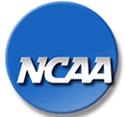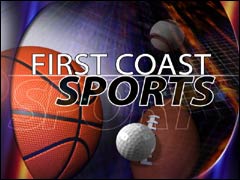Research of the Week
Call for Papers: Special Issue on Communication and the Community of Sport
Guest Editor: Robert L. Krizek, Saint Louis University
Submission Deadline: May 1, 2007
The Western Journal of Communication is publishing a special issue on Communication and the Community of Sport in 2008 (Vol 72). For this special issue, colleagues are invited to submit manuscripts that explore the individuals and collectives that comprise this pervasive and culturally significant community. Authors are encouraged to take fresh perspectives regarding the intersection of communication (whether mediated or face-to-face) and sport, and to submit manuscripts that deepen our understanding of the area that has become known as “sport communication” or variously “communication and sport.”
When submitting your work please remember that all manuscripts should conform to the guidelines of Western Journal of Communication and must be received via email by May 1, 2007 at krizekrl@slu.edu. In the subject line of the email message, authors should specify “Western submission.” In the text of this email message the submitting author should provide:(a) complete contact information (address, telephone, fax, and email); (b) brief biographical summaries (full name, highest earned academic degree, institution granting that degree, and present academic or professional position) for each author; (c) the title of the manuscript; and (d) a statement that the manuscript is the author(s)’s original work, that it is submitted for consideration for this special issue of Western Journal of Communication, that it is not presently under consideration at any other journal nor published elsewhere; and that the reference list is complete and in appropriate form. Attached to the message should be an electronic copy of the manuscript. Authors should take special care to format their documents in MS-Word (.doc format) or in a Rich Text format (.rtf).
In regard to the manuscript itself, to facilitate the blind, peer review process, no material identifying the author(s) of submitted manuscripts should appear anywhere other than the title page. The title page should include: (a) the title of the paper; (b) the author’s name, position, institutional affiliation, address, telephone and fax numbers, and email address; (c) any acknowledgments, including the history of the manuscript if any part of it has been presented at a conference or is derived from a thesis or dissertation; (d) a close word count. The first page of the manuscript itself should include the title of the paper, an abstract of not more than 200 words, and up to six key words for indexing. Manuscripts should not exceed 30 pages, including text, references, notes, tables, and figures, and must conform to the Publication Manual of the American Psychological Association (5th edition). If electronic submission poses a hardship, please contact the editor (Bob Krizek) by email (krizekrl@slu.edu) or by phone (314-977-3179) to arrange an alternative submission format.





